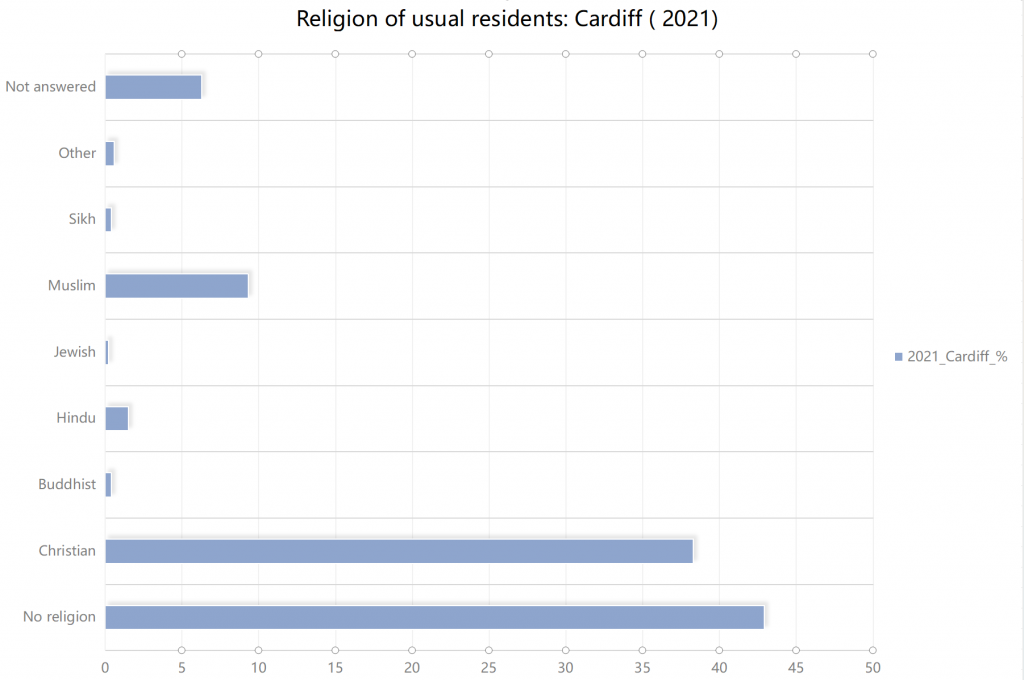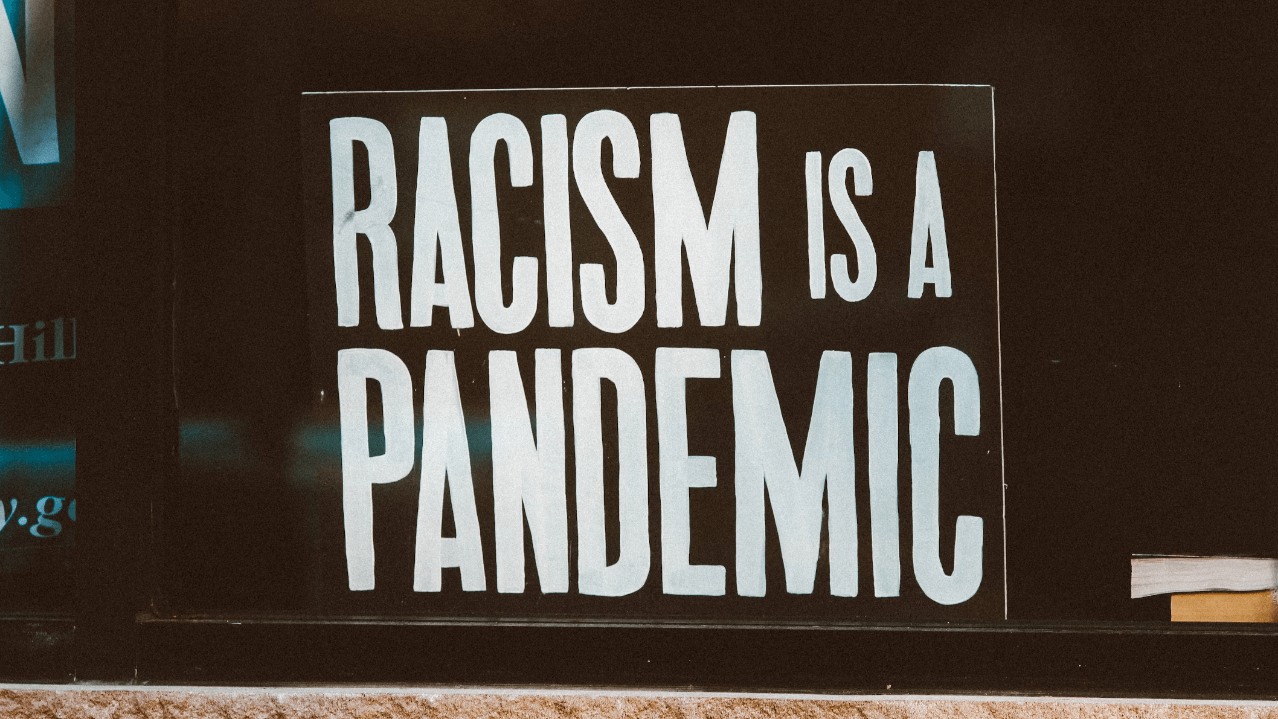Asians have met a lot of racism since Covid-19 broke out. What have they been through?
Rudrank is an Indian man. He used to work part-time as a student at the Hollister store in Cardiff. They felt sidelined by their shop managers, experiencing unequal treatment in terms of shifts compared to white colleagues or those born and raised in the UK. Initially, when reporting the issue to HR, no actions were taken. However, after contacting the head HR of the entire South Wales region upon quitting, the matter was addressed. Despite this negative experience, he generally found people in Cardiff to be welcoming, with no other problems encountered so far
Kamal has been living in Cardiff for 17 years. He is a British citizen and came from Palestine. He felt some people consider Muslims as terrorists. He got shouted on the street. He said bad words came from social media like Facebook and X (Twitter), making him feel bad.
“Anything that happens in the world is always Muslim, Muslim, Muslim, even someone with a mental health problem doing something,” said Kamal. He thinks Islamophobia is a cause of racism against Muslims. To him, the mass media leads to more Islamophobia, making it harder for Muslims because of the headlines.

Kamal doesn’t want to go to the city centre of Cardiff, as people may get drunk and shout at him. He said: “Yeah, to be honest with you, for me, I’m just saying even I don’t walk. I walk from my shop to my car, from my car to next door, my home. That’s all.”
Kamal would also worry about his family. His family meet more aggressive racism than him on things like shopping. Kamal tries to protect them. Yet, he said: “Sometimes not in my hand, I can’t be with them 24 hours.” Sometimes, he just doesn’t think much about the problem, hoping the problem will go away.
Kamal keeps things in his heart instead of showing his feelings. He doesn’t want to get into trouble. If he met difficult problems with racism, he would go to the police. He had gone to the police once because someone shouted “terrorist”. Disappointingly, he found the police couldn’t do much. The police only gave him some support like advice.
With the bad experience of racism, Kamal still thinks Cardiff is his home. With British passport, he is both Palestinian and British. He said: “Sometimes, you know, you have moments like that all those against you and something like that. You think ‘I need to go back to my country’, but not the worth.”
Mikail heard people calling him “Takers!” at the market. He worked in a restaurant, and during late nights from 10 pm to 12 am, he often faced a lot of bad words.
Mikail is originally a Kurd. He has been in the UK for 23 years and 19 years in Cardiff. He is a British citizen.
One day, he was going to the mosque as he follows the Muslim faith. Someone said to him, “How would you play with yourself?” He tried to ignore that. However he heard a hurtful sentence — “Go back to your country!”
Mikail feels frustrated. “I was sitting in my car and was completely parked. Someone who just drove cross and said ‘Go back to your country’ for no reason. My answer was just looking at his face,” said Mikail.
He said, sometimes, they target you for being religious or for your skin colour, or when you’re speaking English. “If we Asian came to this country and they were thinking they were losing their job,” said Mikail.
Mikail is concerned about his family facing racial discrimination. His children are still very young and don’t quite understand what racism is. Mikail believes that schools and parents should provide guidance to prevent the occurrence of racism.
